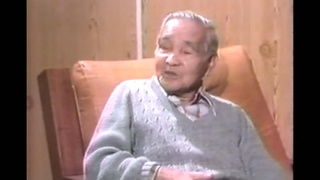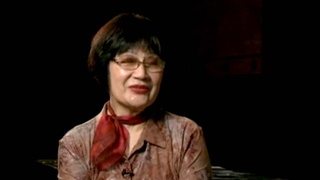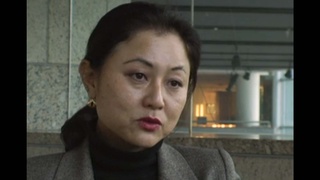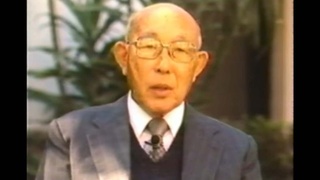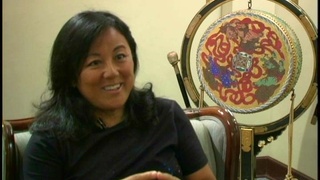Interviews
Attitudes toward Hikiagesha
1954 when we applied for US citizenship, that we found out – we found out that we qualified for immigration or permanent residency here, in the United States, so our parents wished to come here. At that time, the returnees were not welcome, and there were a lot of negative attitude toward the returnees. They call it “hikiagesha,” and parents had a good life, and that was the first time that they were able to make decisions on their own, without older brother or head of the family to tell them what to do.
Date: July 12, 2017
Location: California, US
Interviewer: Mitsue Watanabe, Yoko Nishimura, Leighton Okada
Contributed by: Watase Media Arts Center, Japanese American National Museum


